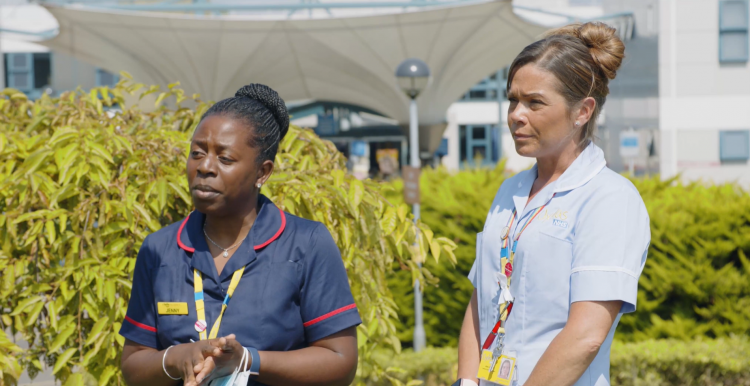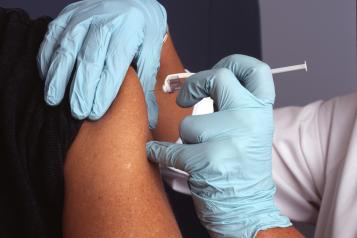CQC publishes reports on Oxleas NHS Foundation Trust’s acute wards and psychiatric intensive care units

The Care Quality Commission (CQC) has published a report following an inspection of Oxleas NHS Foundation Trust’s acute wards for working-age adults and psychiatric intensive care units (PICU) in February.
These services care for people experiencing poor mental health, including those detained under the Mental Health Act. This inspection was carried out to follow up on concerns raised at a previous inspection, as well as information received by the CQC about the service.
This was a focused inspection of the key questions safe, caring, and well-led.
The service was again rated as requires improvement for safe. The service was not re-rated overall or for the other key questions. Therefore, it remains rated good overall, as well as for effective, responsive and well-led. It remains rated outstanding for caring.
The overall rating for Oxleas NHS Foundation Trust remains good.
Jane Ray, CQC deputy director of operations in London and the east of England, said:
“During our inspection of the trust’s acute wards we were pleased to find people’s quality of care had been improved by efforts to recruit and retain staff. However, we were disappointed to see there were still a few new areas where improvements were needed.
“This included ensuring medicine management was done as accurately as possible, undertaking appropriate checks on people while they were in seclusion and making sure staff had access to working body camera’s where needed so that incidents could be reviewed.
“The trust ensured people were cared for by staff who knew them and the service well, through recruitment efforts that have reduced the service’s reliance on agency staff. We also saw other projects focused on improving the service’s culture, which supported staff morale and saw fewer staff leave.
“We saw a strong person-centred culture, and people using the service told us that staff were kind. When people were distressed, staff effectively de-escalated and used the minimum physical interventions necessary to keep people safe.
“Additionally, since our last inspection, staff were now consistently carrying out physical health checks on people who had undergone rapid tranquillisation to protect their safety and that of others.
“We have shared our findings with the trust so it knows where improvements must be made, and where there’s good practice to build on. We’ll continue to monitor the service to ensure people’s safety.”
(Put this section in the grey box) [ Inspectors also found:
- All staff were given comprehensive inductions to make sure people received care from staff who understood the service and their individual needs. Staff spoke positively about the trust’s recruitment efforts.
- People were involved in their own care planning, and their views were well documented.
- People and their carers said staff helped them understand their care.
- Staff provided people honest communication and support when incidents happened.
- Managers reduced people’s risk of experiencing avoidable harm by sharing learning from incidents across the whole service.
- Staff had the training they needed to provide people good care and knew how to protect people from abuse.
- People were offered a range of activities each day, such as pottery, cooking and walking groups.
However:
- Inspectors saw an incident in which staff received racist abuse from people using the service. Staff from these backgrounds said they felt colleagues and managers were supportive following incidents of this kind, but they didn’t always feel well-supported by senior leadership.
- When people were secluded to ensure the safety of themselves or others, staff in PICU didn’t always ensure their seclusion was appropriately reviewed regularly.
- Not all staff had access to working body cameras, intended to reduce the risk of aggressive behaviour when people’s distress could make them a danger to themselves or others. ]
Read the full report here: INS2-14781877321 - RPG Oxleas NHS Foundation Trust - 2023-05-24 (prgloo.com)


